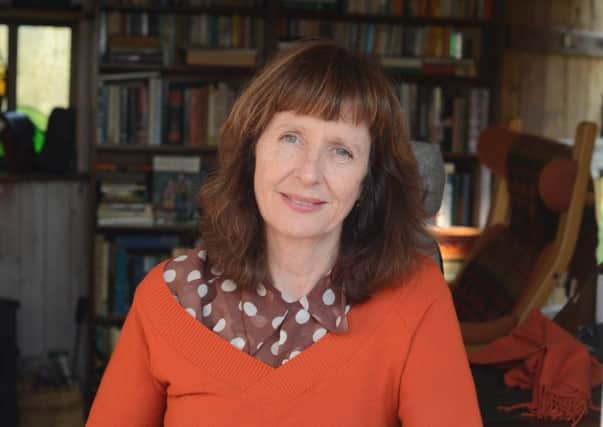Book review: Dadland by Keggie Carew


Dadland by Keggie Carew | Chatto & Windus, 417pp, £18.99
As a young man, Tom Carew was recruited by the SOE (Special Operations Executive) and served in the crack unit known as the Jedburghs. He was parachuted into France to work with the Resistance, and in the last year of the war commanded Burmese guerrillas fighting the Japanese. He ended the war a 25 year-old Lt-Colonel with a DSO and the Croix de Guerre. When we first meet him in this memoir, he is in his late 80s living with the author, his youngest daughter, and suffering from dementia. He likes to be given little jobs, which he performs efficiently, but he can’t remember his name, who other people are, or how old he is. He asks the same questions time and again, and then forgets the answers.
Advertisement
Hide AdThe book is in part a work of reconstruction, unravelling Tom’s life, partly a family history. The history is turbulent, awkward, often unhappy. Tom Carew had had more than a good war – he had had a magnificent one – but like many others he had a bad peace, unable for years to find the right sort of work, moving from one failure – for example a boat-building enterprise – to another, until, surprisingly in his fifties he bought a small company and made a success of training managers and executives made redundant in the bad years of the 1970s. Years of failure had equipped him with the experience that enabled him to show other failures how to succeed.
He married three times. The author and her brothers and sister belong to his second marriage, their mother a member of a rich landowning family who regard Tom, born a poor Irishman, with an uneasy mixture of admiration for his war record, disdain on account of his origins, and disapproval of his apparent fecklessness. The marriage becomes severely strained, partly because of the constant financial anxiety, partly because of Tom’s insistence that his elderly father lives with them. The author’s mother, Jane, comes to hate her father-in-law, exists in a state of apparently constant indignation and anger, and eventually suffers a breakdown so severe that she has to be sent to a mental hospital. She eventually recovers to become serene – and the person she was meant to be – in old age. By this time, however, Tom has married again, a woman the author calls only “Stepmother”. She detests her. There is perpetual friction, as she is convinced that Stepmother is determined to keep Tom in chains and prevent him, as far as possible, from being with his now grown-up children. The author’s indignation and resentment are understandable, but she never quite admits that Tom may have acquiesced willingly, rather than weakly, in the situation, at least inasmuch as it made for an easier life.
Delving into the story of Tom’s war, the author learns too late just how remarkable it was; too late because by the time she learns this, she can’t fully share her new knowledge with him. This isn’t an uncommon situation of course. Many who were themselves small children during the war, or, like the author, born after it, regret that their fathers preferred not to talk about their experiences or that they didn’t ask the right questions at the right time.
The narrative is disjointed, leaping back and forth in time, unavoidably perhaps because the autobiographical element is sometimes uneasily harnessed to the biographical quest. Nevertheless it is continually interesting and often moving. The author has the great virtue of being interested in trying to establish the truth, in reconciling the way she saw things as a child and young woman with what she has learned since and sees the same episodes and relationships now. She is honest about her father – a hero and a very attractive man, but also often a weak one, ready to follow the immediately attractive or easier course. She is honest about her own younger self, admitting to petulance, selfishness, resentment, self-pity. The fruits of her research into her father’s war and espionage contacts are fascinating, but the real success of the book is the understanding the author acquires of the waywardness of experience, and of the complexity of family relationships.